EPA to Alaska: "We don't have to choose"
Wheeler says resource extraction, environment can co-exist North of 60 Mining News – August 23, 2019
Last updated 9/26/2020 at 5:25am
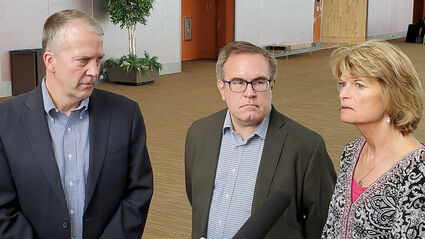
Shane Lasley
Sen. Dan Sullivan, EPA Administrator Andrew Wheeler and Sen. Lisa Murkowski talk with the media in Anchorage.
Can American resource development and environmental stewardship go hand-in-hand?
Environmental Protection Agency Administrator Andrew Wheeler not only believes the answer is yes but producing the rich mineral and energy resources of the United States is the environmentally preferable alternative.
"When it comes to the environment and when it comes to national security, there is no better investment than American energy and minerals," he said during an Aug. 20 luncheon hosted by the Resource Development Council for Alaska.
Wheeler said greatly improved air quality in the U.S. over the nearly five decades since the formation of the EPA is a testament to the ability to expand domestic industry while safeguarding the environment.
"From 1970 to 2018, the U.S. criteria air pollutants ... have fallen 74 percent while the economy grew by 275 percent," Wheeler said.
The six criteria air pollutants in the U.S. are carbon monoxide, lead, ground-level ozone, nitrogen dioxide, particulate matter, and sulfur dioxide.
The same environmental claims cannot be made for many other parts of the world where economic expansion comes at the cost of clean air and water.
"In America today, our energy resources are extracted and refined in a more environmentally conscious manner than anywhere else in the world," the EPA administrator said.
"If other countries want to purchase coal on the open market, we mine and use our coal in a safer and more environmentally friendly manner than other nations," he continued. "Those that oppose U.S. energy production are actually taking the most environmentally preferred fossil fuels off the table for the rest of the world."
This message was welcomed by the resource development community in a state that is rich in oil, gas and coal resources.
Alaska also happens to be rich in metals, a fact not lost on the EPA administrator.
"Alaska is the No. 1 producer of zinc and silver in the U.S., and the No. 2 producer of gold," he said. "We are committed to working with our federal partners, the regulating community and the public to ensure the state can produce its mineral resources in a safe and productive manner."
Reducing the timeline of the long and cumbersome permitting process in America is one area the Wheeler-led EPA is working on.
"We are taking steps to shorten the permitting time across the board," he told the Alaska audience.
Under the Trump Administration, EPA has a goal to make permit decisions within six months. First, though, the agency must get caught up on the backlog of permit applications outside of this timeframe.
Over the past year, the agency has roughly halved the permit backlog and is nearing the point where the regulator can provide a yes or no answer within the six-month window.
EPA is also in the finals stages of officially repealing the Obama-era Waters of the United States (WOTUS) rule in the near future and introduce a replacement that more clearly defines what is, and what isn't considered waters of the United States by the end of 2019.
The Obama-era WOTUS rule would have substantially expanded what falls under federal jurisdiction by encompassing added tributaries and neighboring wetlands upstream of waters already covered by federal law.
For Alaska – with its plentiful streams, river, rivulets, coasts and wetlands – this would have placed vast swaths of lands under federal control.
And due to the broad areas covered, even areas not normally wet, it would have made it tough to determine whether a particular project is subject to WOTUS regulations.
"We believe a property owner should be able to stand on his or her property and tell whether a water is federal or not, without having to hire professionals, such as attorneys or consultants," Wheeler said. "In order to achieve that we are clearly defining the differences between federally protected waterways and state protected waterways."
The EPA administrator said an important step in defining a federal waterway is the exclusion of what is not waters of the United States.
Sen. Dan Sullivan (R-Alaska), who was opposed to the previous version of WOTUS, believes the new rendition will be better for Alaska and the rest of the United States.
"I think they are putting together a rule that will be something we can live with and something we can work with," he said at the Aug. 20 RDC luncheon.
With these and other initiatives being forwarded by the EPA, Wheeler believes Alaska can enjoy the economic opportunities its rich resources have to offer, and his agency can live up to its nearly 50-year legacy of strong environmental protections.
"Alaska is blessed with incredible natural resources – resources that create jobs and improve lives," Wheeler said. "We know that we can extract and use these resources, while protecting the environment at the same time. We don't have to choose between one or the other."



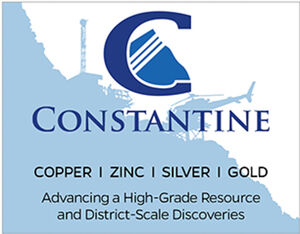

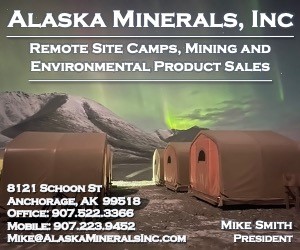
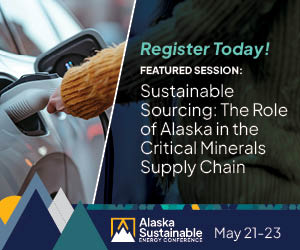
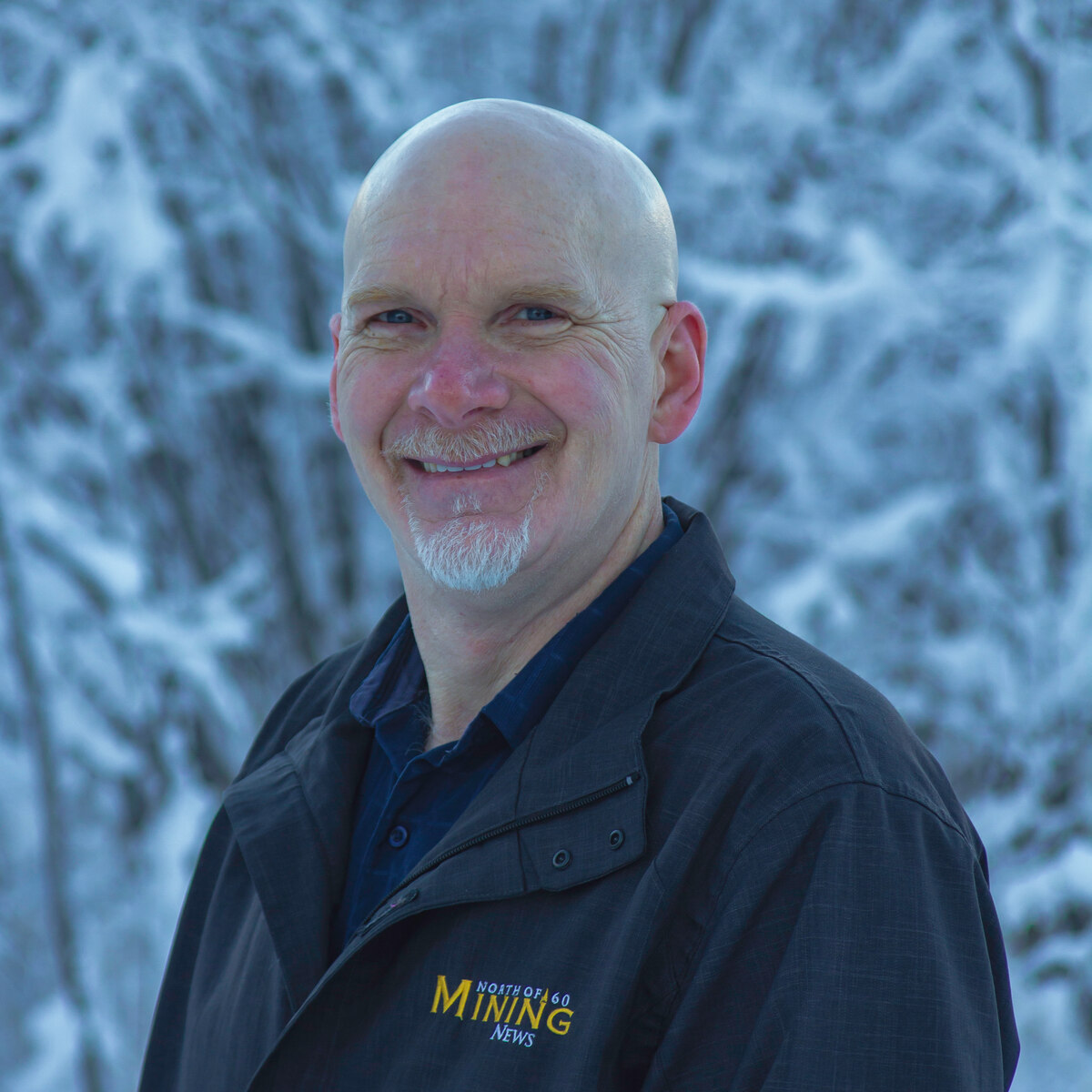
Reader Comments(0)